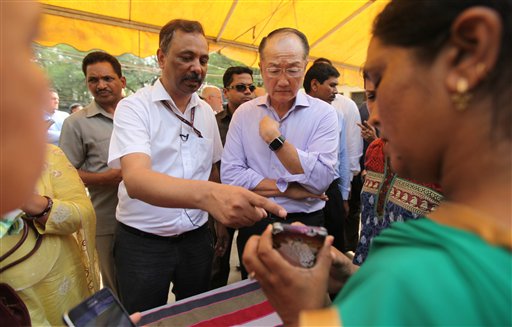
India asks 3 Chinese journalists to leave country


New DELHI (AP) — The Indian government has asked three Chinese journalists working for official Xinhua News Agency to leave the country this month, refusing to extend their visas, an official said Sunday.
The official declined to disclose reasons for refusal to renew the visas, but said Xinhua could send their replacements.
The official said the three journalists had received several visa extensions and one of them has been in India for the past seven years. The official spoke on condition of anonymity as he was not authorized to talk to reporters.
A Hindu newspaper report on Sunday said the three travlled to southern Indian city of Bangalore recently and met exiled Tibetan activists, which became an issue with the Indian government.
Though the Tibetan government in exile is headquartered in the northern town of Dharmsala, thousands of Tibetans live in southern Karnataka state, whose capital is Bangalore.
Xinhua and China’s Foreign Ministry did not immediately respond to faxed requests for comment on Sunday.
Indian media reports said the three Chinese journalists were based in New Delhi and Mumbai. Non-renewal of visas is generally a step followed by various governments to expel foreign journalists.
The Indian government’s decision comes at a time when the two countries’ ties have been under strain following China’s refusal to support India’s application for membership of the Nuclear Suppliers Group at a meeting in Seoul last month.
They also share a disputed Himalayan border over which they fought a bloody monthlong conflict in 1962. Any border agreement resolving the dispute looks unlikely in the immediate future, but they appear to be willing to avoid incidents, such as incursions into the disputed territory.
(Sourced from agencies, Feature image courtesy:AP)

